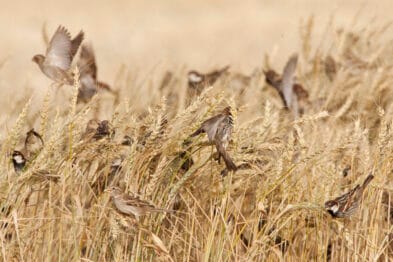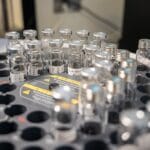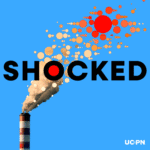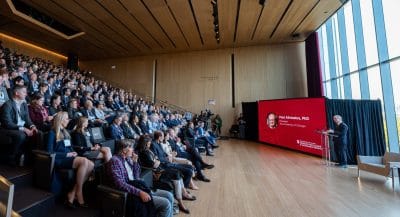As the Climate Systems Engineering initiative (CSEi) at the University of Chicago enters its second year, it continues to grow its research capacity and expertise across key areas of climate systems engineering.
Over the past year, CSEi has welcomed three research assistant professors: Manon Duret, Jim Franke, and Pete Irvine. Together, they are advancing research that spans from climate modeling to carbon removal and sunlight reflection methods (SRM).
Manon Duret focuses on open-systems carbon removal, a set of technologies that target carbon dioxide already in the atmosphere. Her research aims to bridge the gap between scientific advancements and real-world applications by assessing the feasibility, scalability, and environmental impacts of approaches such as ocean alkalinity enhancement and enhanced rock weathering. Duret joined CSEi in April 2024 from Anglo American plc, where she led nature innovation and biotechnology strategy for R&D. She holds a PhD in Ocean and Earth Science from the University of Southampton.
Jim Franke studies the impacts of climate change and climate interventions, with an emphasis on the engineering challenges of implementing solar radiation management (SRM) at both local and global scales. A former professional engineer specializing in control systems, Franke brings practical experience in engineering design to the study of large-scale climate interventions. He earned his PhD in Geosciences from the University of Chicago and his BS in Mechanical Engineering from the Milwaukee School of Engineering.
Pete Irvine specializes in research on solar geoengineering (AKA sunlight reflection methods or SRM), a set of technologies to deliberately reflect a small portion of sunlight back to space to reduce global warming. Using climate and Earth system models, he explores both the physical impacts and broader implications of sunlight reflection methods. Irvine also serves as editorial director of SRM360, a non-profit organization that supports informed, evidence-based discussion of solar geoengineering. He joins CSEi from University College London, where he was an assistant professor, and holds a PhD in Earth Sciences from the University of Bristol.
Visit the CSEi website to meet the full list of researchers, grantees, and postdoctoral scholars, and visit the CSEi academic opportunities page for all open positions.
























